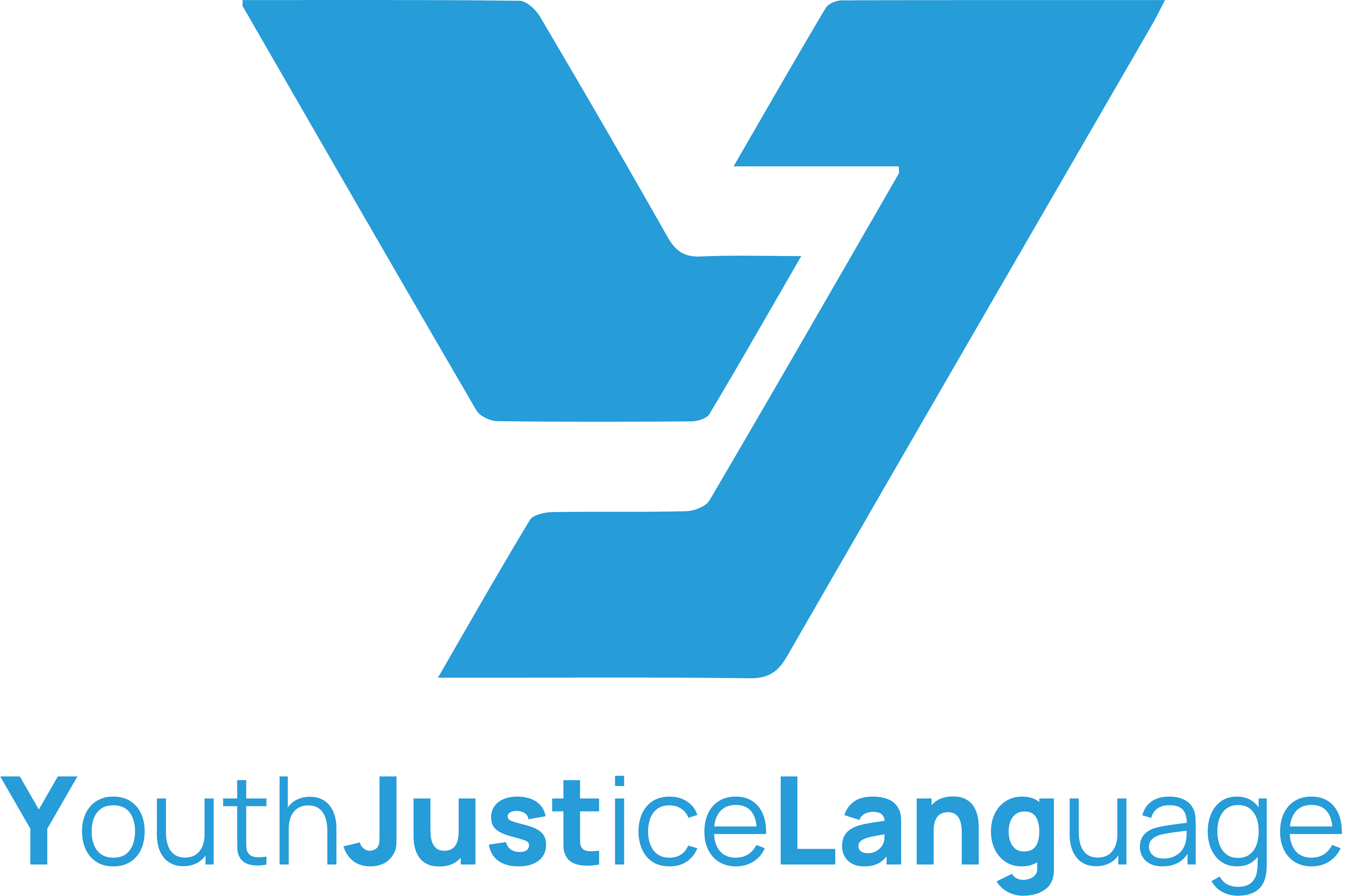Crete, April 2025
Training School “Language development in adolescence: Late acquisition, multigrammars and impairments”
This session, beautifully organised by our host Vina Tsakali and her team, brings together talks by Ifigenia Dosi, Maria Lobo, Eleni Peristeri, and Elena Theodorou & Maria Kambanaros. Their presentations explore how bilingualism, dialect, and task demands shape young people’s language abilities. They examine why morphological skills matter for bilingual adolescents, how syntactic complexity measures vary across tasks, and how bilingualism, socioeconomic factors, and bidialectal backgrounds affect assessment, including for children with neurodevelopmental conditions. These perspectives highlight the need for fair, culturally informed language assessment in education and youth justice contexts. Please see the recordings for their full presentations.
Unlocking language: Why morphology matters for bilingual older children and early adolescents
Ifigenia Dosi, Democritus University of Thrace
Morphological development plays a crucial role in language acquisition, yet it remains a challenge for bilingual older children and early adolescents, who often struggle with, e.g., acquiring grammatical aspect and developing morphological awareness — both essential for processing complex language. These difficulties can create hidden disadvantages in contexts where precise language use is critical, such as education and justice proceedings. This presentation explores the role of morphology in bilingual language development, highlighting its impact on linguistic equity and the need for more nuanced assessments to ensure that bi-/multilingual children and adolescents are not unfairly disadvantaged in high-stakes verbal environments.
Syntactic complexity measures
Maria Lobo, Nova University of Lisbon
In this talk, several types of syntactic complexity measures that may be used to assess oral and written productions of school-aged children and adolescents will be discussed. We will consider data from different types of oral and written tasks and discuss the importance of the task and of the type of text on syntactic complexity.
Bi/multilingualism effects in the language and
cognitive skills of children with neurodevelopmental disorders: the role of socioeconomic status
Eleni Peristeri, Aristotle University of Thessaloniki
The assessment of lexical knowledge and intellectual functioning in neurotypical and neurodiverse individuals can be a rich source of evidence regarding linguistic and cognitive skills. This is because both domains are acquired gradually during the process of language and cognitive development. Furthermore, lexical knowledge and intellectual functioning are strongly linked to language input, often described in terms of parental education levels, as well as bilingualism, as another ‘nurture’ factor. The aim of this presentation is to focus on a) evidence from a longitudinal study of lexical performance in monolingual and bilingual individuals with a diagnosis of Autism Spectrum Disorder and Developmental Language Disorder, and (b) the intelligence profiles of the same individuals. The data will be analyzed in terms of sex differences (boys, girls) and age, on one hand, and socioeconomic status and bilingualism, as nurture factors, on the other.
Assessing Bidialectal Children and Adolescents: Challenges and Considerations for Speech and Language Therapists
Elena Theodorou and Maria Kambanaros
Distinguishing dialectal differences from language disorders is essential, as misclassification can lead to over- or under-diagnosis. Various theoretical frameworks emphasize the need to differentiate linguistic variation from impairment by considering an individual’s full linguistic environment. While research on language disorders is extensive, studies on their characteristics in dialect-speaking populations—particularly children and adolescents—remain limited. This presentation examines speech and language therapy services for Cypriot-Greek speakers, using Cyprus as a case study to illustrate challenges in assessment and intervention within bi-dialectal contexts.Beyond Cyprus, our work has broader implications for other European and international contexts where dialects are spoken. We advocate for a public health approach to raising awareness of language disorders in dialect users and propose culturally and linguistically responsive best-practice guidelines to improve diagnosis and intervention across childhood and adolescence.
